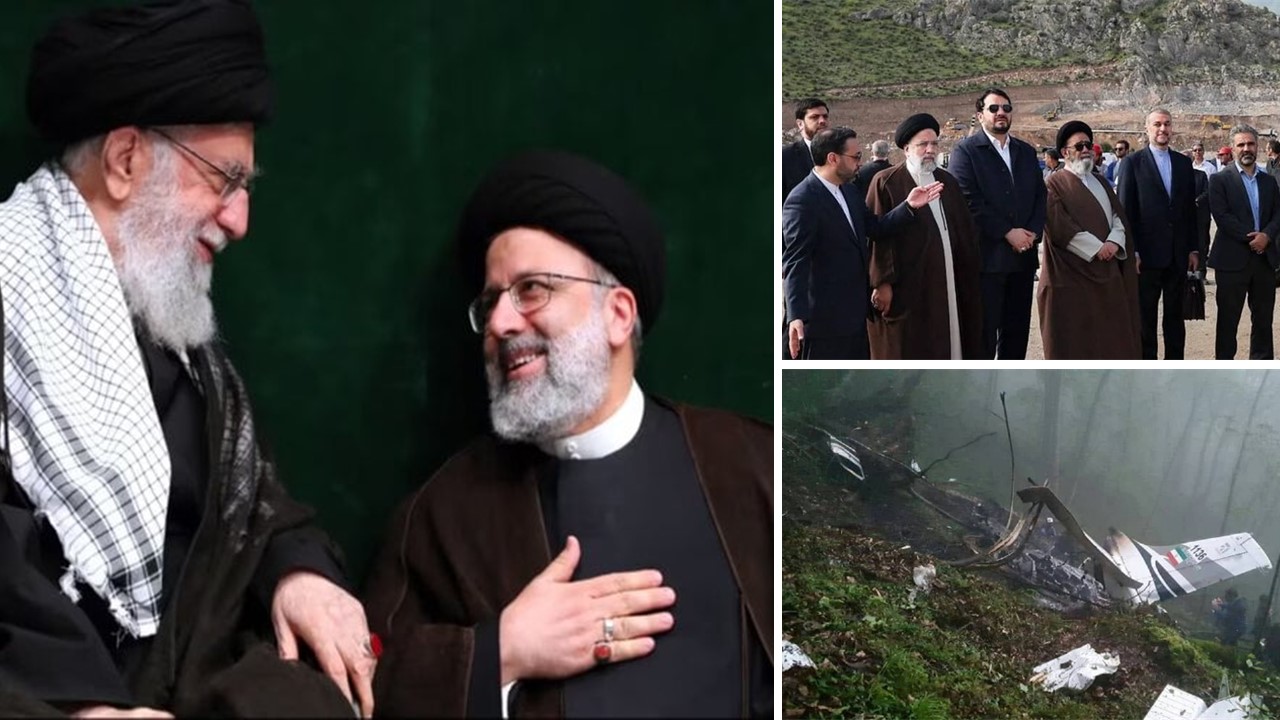
Ebrahim Raisi, the hardline cleric who served as president of Iran’s regime, has died at the age of 63 in a helicopter crash in the Dizmar forest of northwestern Iran. Raisi, a protégé of Supreme Leader Ali Khamenei, assumed the presidency in 2021 despite widespread of human rights abuses and his involvement in the mass execution of thousands of political prisoners in 1988 as a prosecutor, earning him the moniker “the Butcher of Tehran.”
Apart from Raisi and Foreign Minister Hossein Amir-Abdollahian, the passengers of the helicopter included Mohammad Ali Ale-Hashem, the representative of Supreme Leader Ali Khamenei in East Azerbaijan province; Malek Rahmati, the governor of East Azerbaijan province; Mehdi Mousavi, the commander of the presidential security guard; and three flight crew members.
Despite his controversial past, Raisi rose through the ranks of Iran’s judicial system, serving as the head of the judiciary from 2019 to 2021 before being elected president in a tightly controlled election. His presidency was marked by a brutal crackdown on nationwide protests, including the Mahsa (Jina) Amini protests in 2022, which resulted in hundreds of deaths and thousands of arrests.
Raisi continued Iran’s pursuit of nuclear capabilities, enriching uranium to unprecedented levels and escalating tensions with the West and Israel. He also supported Russia’s invasion of Ukraine by supplying drones and armed militia groups across the region, solidifying Iran’s destabilizing role in the Middle East.
Mrs. Maryam Rajavi, President-elect of the National Council of Resistance of Iran (NCRI), stated that Raisi’s death “represents a monumental and irreparable strategic blow to the mullahs’ Supreme Leader Ali Khamenei and the entire regime, notorious for its executions and massacres.” She added that it will trigger a series of repercussions and crises within the theocratic tyranny, which will spur rebellious youths into action.
The death of Ebrahim Raisi, the clerical regime’s President represents a monumental and irreparable strategic blow to the mullahs’ Supreme Leader Ali Khamenei and the entire regime, notorious for its executions and massacres. It will trigger a series of repercussions and crises… pic.twitter.com/2XW5a5NQoI
— Maryam Rajavi (@Maryam_Rajavi) May 20, 2024
Mrs. Rajavi honored the 30,000 PMOI members and other combatants who were massacred in the 1988 executions, stating that “the curse of mothers and those seeking justice for the executed, along with the damnation of the Iranian people and history, mark the legacy of Ebrahim Raisi.” She emphasized that the pursuit of justice will persist until the regime’s overthrow, and warned that “the destiny of all those who have executed and continue to execute Iran’s sons and daughters serves as a lesson to be learned.”